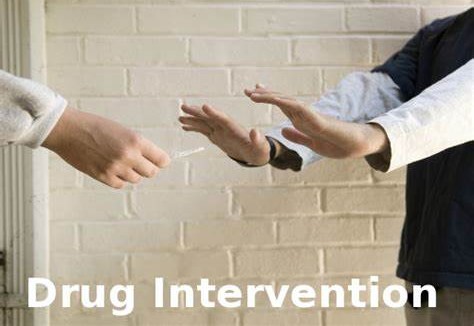Addicted Children Workshop
Creating a workshop for parents of addicted children is essential for providing support and resources to families navigating the challenges of addiction. This initiative aims to empower parents with the knowledge, skills, and community connections necessary to navigate their child’s addiction effectively. While it offers advantages such as education and community support, ethical dilemmas like … Read more









